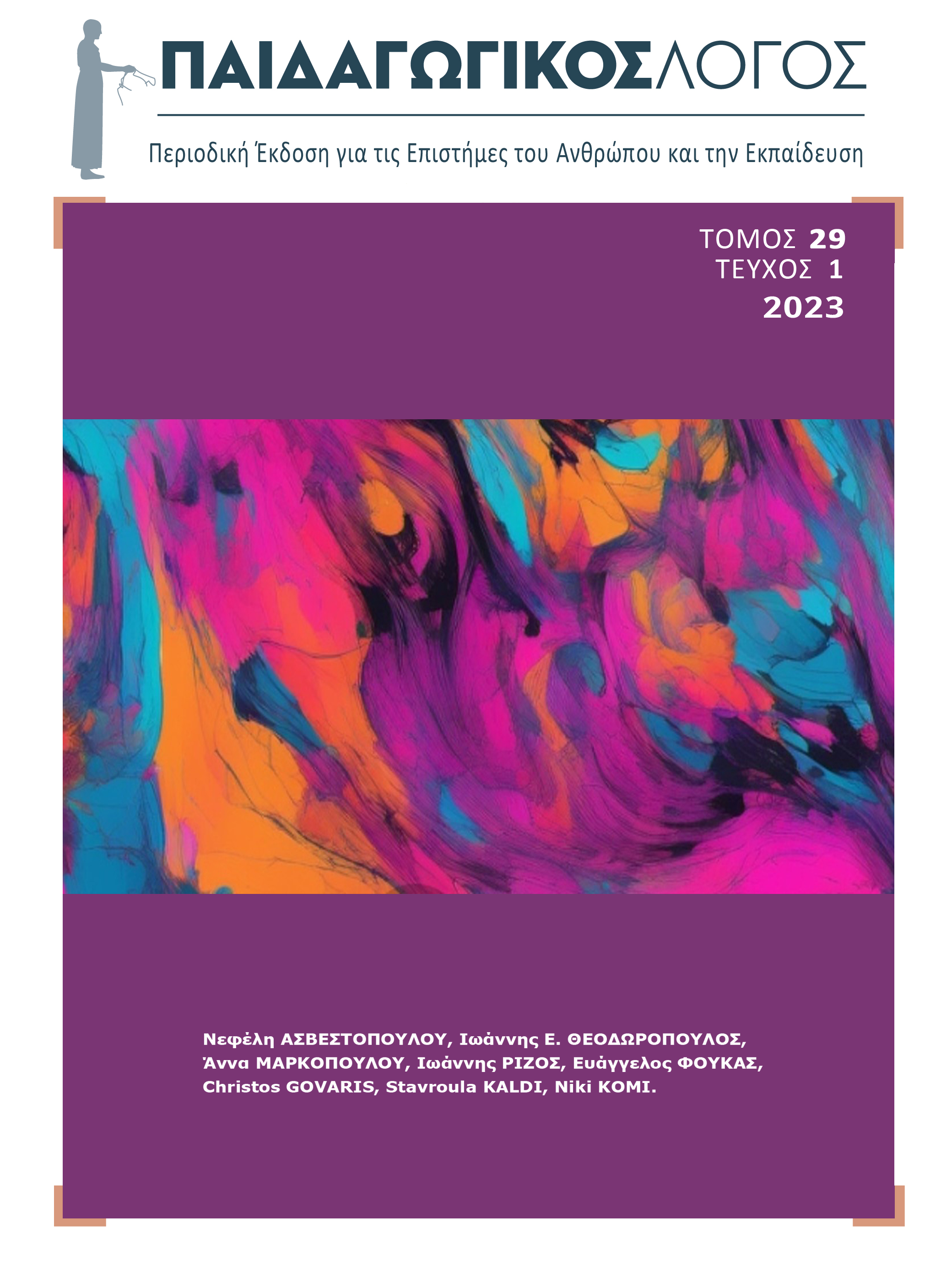Intercultural communication and competence: practices at the education level
Abstract
The present article focuses on the main theoretical aspects of the intercultural communication and intercultural competence in order to propose appropriate practices to be promoted at the education level. Based on the theoretical framework of Auerneheimer about intercultural communication and the challenges than can create barriers to intercultural communication we argue about the prerequisite of intercultural competence in order to propose certain practices in different levels of education. The efforts to build intercultural competence can be met by intercultural training programs which should follow the principle of the understanding of the "other" that presupposes not only knowledge of one’s culture but also knowledge of the social conditions in which one thinks and acts. Thus, the transformation of the classroom into an exploratory community can help build the key elements that make up intercultural competence based on a dynamic understanding of culture, cultural differences, the relationship between individual and culture, and does not overlook the reality of asymmetric social relations in a multicultural society.
Article Details
- How to Cite
-
Govaris, C., Komi, N., & Καλδή Σ. (2024). Intercultural communication and competence: practices at the education level. Pedagogikos Logos, 29(1), 77–104. https://doi.org/10.12681/plogos.35126
- Section
- Articles

This work is licensed under a Creative Commons Attribution-NonCommercial-NoDerivatives 4.0 International License.
Οι Συγγραφείς που δημοσιεύουν εργασίες τους σε αυτό το περιοδικό συμφωνούν στους παρακάτω όρους:
- Οι Συγγραφείς διατηρούν τα Πνευματικά Δικαιώματα και χορηγούν στο περιοδικό το δικαίωμα της πρώτης δημοσίευσης, ενώ ταυτόχρονα τα πνευματικά δικαιώματα της εργασίας προστατεύονται σύμφωνα με την χρήση άδειας που υιοθετεί ο «Παιδαγωγικός Λόγος - Περιοδική Έκδοση για τις Επιστήμες του Ανθρώπου και την Εκπαίδευση» : Αναφορά Δημιουργού – Μη Εμπορική Χρήση – Όχι Παράγωγα Έργα 4.0 (CC BY-NC-ND). Αυτή η άδεια επιτρέπει στους άλλους να έχουν πρόσβαση στο έργο και να το μοιράζονται με άλλους, εφόσον κάνουν αναφορά σε αυτό, ωστόσο δεν μπορούν να το αλλάξουν με κανένα τρόπο ούτε να το χρησιμοποιούν για εμπορική χρήση.
- Οι συγγραφείς μπορούν να συνάπτουν ξεχωριστές και πρόσθετες συμβάσεις και συμφωνίες για τη μη αποκλειστική διανομή της εργασίας, όπως δημοσιεύτηκε στο περιοδικό αυτό (π.χ. κατάθεση σε ένα ακαδημαϊκό καταθετήριο ή δημοσίευση σε ένα βιβλίο), με την προϋπόθεση της αναγνώρισης και την αναφοράς της πρώτης δημοσίευσης σε αυτό το περιοδικό.
- Το περιοδικό επιτρέπει και ενθαρρύνει τους συγγραφείς να καταθέτουν τις εργασίες τους μέσω διαδικτύου (π.χ. σε ένα ακαδημαϊκό καταθετήριο ή στους προσωπικές τους ιστοσελίδες) πριν και μετά από τις διαδικασίες της δημοσίευσης, καθώς αυτό μπορεί να οδηγήσει σε παραγωγική ανταλλαγή ιδεών και σκέψεων, καθώς επίσης και σε γρηγορότερη και μεγαλύτερη χρήση και ευρετηρίαση της δημοσιευμένης εργασίας



